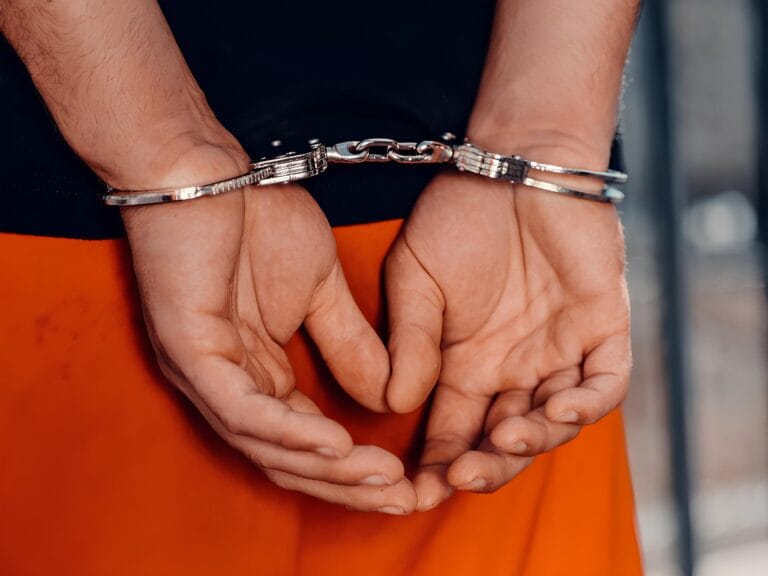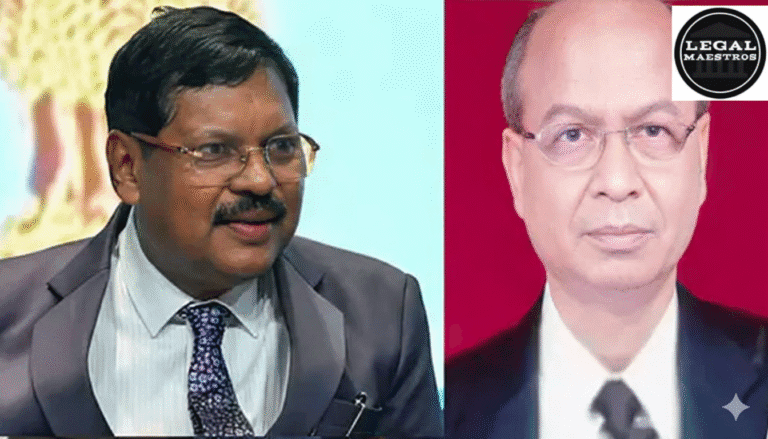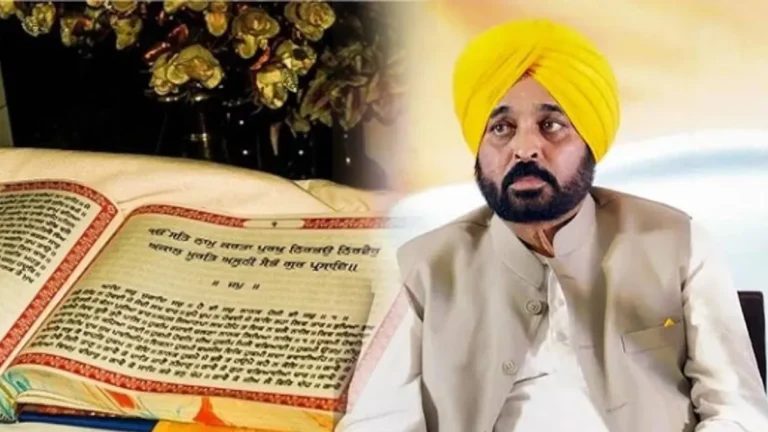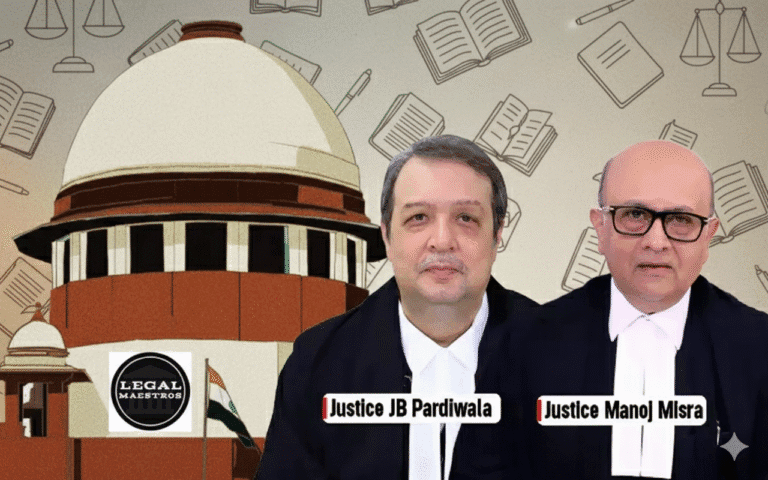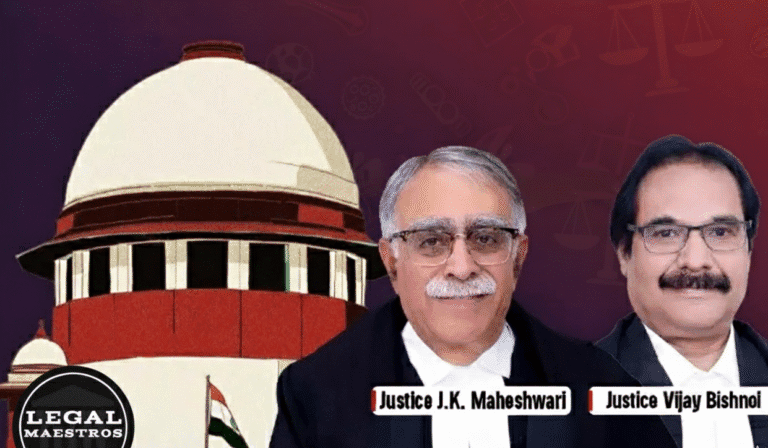
Prosecutorial Withdrawal in the Indian Criminal Justice System
Section 321 of the Code of Criminal Procedure (CrPC), 1973, deals with the withdrawal of the prosecution of cases in India. According to that, the Public Prosecutor or the Assistant Public Prosecutor is given the right at any stage before judgment to withdraw from prosecuting wholly or in part an offence either before the commencement of and/or at any stage after the commencement of the trial. The primary intent behind this provision is to serve the broader interests of public justice, ensuring that prosecutions do not proceed when they may counteract societal welfare or justice.
The role of the Public Prosecutor is pivotal in this context. The Public Prosecutor is entrusted with the duty of representing the state to deliver justice not merely in the sense of getting someone convicted but fairness and equity in delivering justice. Withdrawal of prosecution should arise from an independent application of mind and free of external pressure or direction. While opinions or instructions for withdrawal based on public policy emanate from the state government, the final word lies with the Public Prosecutor as each case shall be dealt with independently on the merits.
A role in a process such as this cannot simply be ceremonial to the courts when an application of withdrawal is placed before it: scrutiny of reasons advanced by the Public Prosecutor. The court has to ensure that the withdrawal is not motivated by extraneous factors or intended to subvert the cause of justice. Consent for withdrawal should be granted only when the court is satisfied that such a move will be in harmony with the greater public interest and the administration of justice.
For any queries or to publish an article or post or advertisement on our platform, do call at +91 6377460764 or email us at contact@legalmaestros.com.
Nonetheless, the use of Section 321 has not been without controversy. There have been cases where this provision has been misused with the accusation of using it for protecting influential personalities or for serving political purposeshttps then withdrawal may be appropriate. This provision ensures that the legal system remains flexible and responsive to the nuanced demands of justice.
Nonetheless, the use of Section 321 has not been without controversy. There have been cases where this provision has been misused with the accusation of using it for protecting influential personalities or for serving political purposeshttps://www.ijllr.com/post/conditions-for-withdrawal-from-prosecution-legal-and-procedural-aspects. Such misuse damages public trust in the judicial process and emphasizes the importance of putting strict safeguards so that withdrawals can be seen as being in the interest of justice.
Judicial pronouncements have further defined the contours of this provision. In the case of *Sheonandan Paswan v. State of Bihar* (1987), the Supreme Court reiterated that the Public Prosecutor’s decision to withdraw must be based on public policy and justice, not arbitrary grounds. The court went on to assert that, albeit the victim or complainant having no absolute right to oppose a withdrawal, yet they may plead before the court relevant facts concerning which the consent of the victim may be declined by the court.
For any queries or to publish an article or post or advertisement on our platform, do call at +91 6377460764 or email us at contact@legalmaestros.com.
The crucial aspect is as to whether or not the locus standi in withdrawal applications pertains to a victim. Section 321 does not give the right to the victim or the complainant to challenge a withdrawal application. However, courts have recognized that since crimes are committed against society at large, individuals, including victims, have a legitimate interest in the proceedings. In *M. Balakrishna Reddy v. Principal Secretary to Govt. Home Deptt.* (1999), the Andhra Pradesh High Court established that even those who are not direct victims have standing to resist withdrawal applications, which drives home the principle that society has an interest in the prosecution of offenders.
The procedural aspects of withdrawal are also noteworthy. The application for withdrawal must be made by the Public Prosecutor or Assistant Public Prosecutor in charge of the case. It is imperative that this application is not a mere formality but is backed by substantial reasons that justify the withdrawal. The court, upon receiving such an application, must evaluate whether the reasons align with the principles of justice and public interest before granting consent.
Comparatively, the concept of prosecutorial withdrawal in India shares similarities with the doctrine of *nolle prosequi* in other common law jurisdictions. Derived from Latin, *nolle prosequi* means “unwilling to pursue” and allows prosecutors to discontinue proceedings against an accused. The underlying principle remains consistent—the prosecution should be in the interests of justice—but the procedural nuances and the extent of judicial oversight may vary across jurisdictions.
For any queries or to publish an article or post or advertisement on our platform, do call at +91 6377460764 or email us at contact@legalmaestros.com.
Concluding, Section 321 of the CrPC constitutes a fine line that must exist between the Public Prosecutor’s discretion and the review authority of the judiciary. Section 321 aims at conducting prosecution in such a way that not only the interest of the public but also that of justice prevails. In the meantime, this calls for very cautious applications and strict check mechanisms. Public Prosecutor and the judiciary, therefore, need to fulfill their respective roles with utmost integrity and independence in maintaining public confidence in the criminal justice system. In this changing legal landscape, reflection and reform will be indispensable for ensuring that provisions governing prosecutorial withdrawal are not only robust but also effective in delivering justice.


